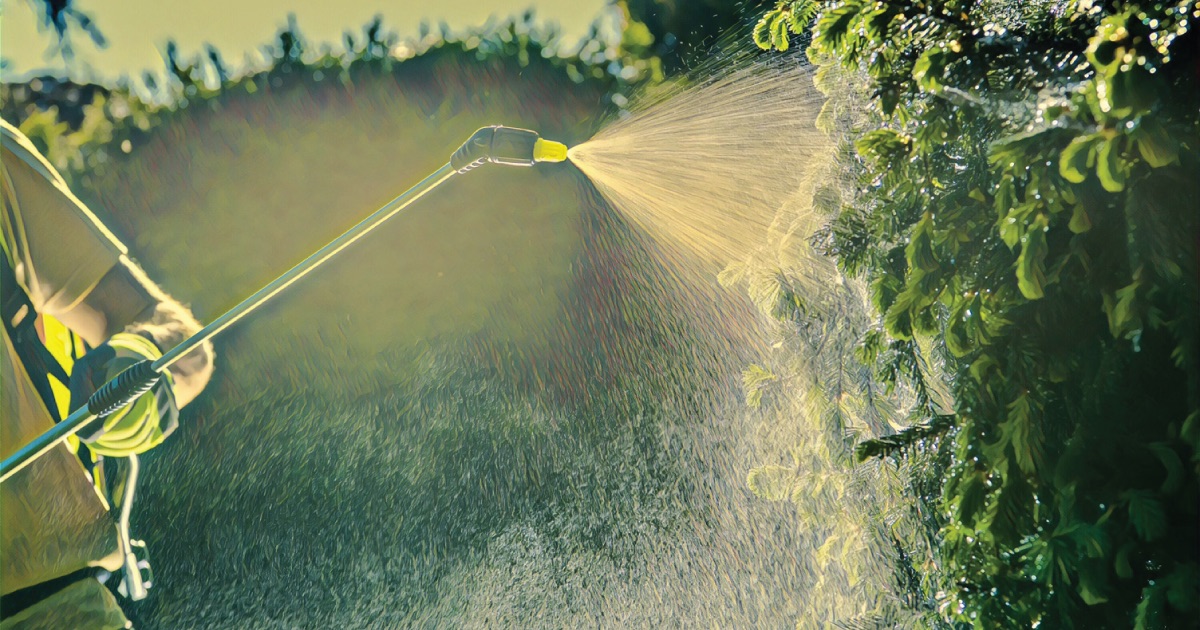
Community-Led Efforts to Ban Glyphosate in Public Spaces Pick up Speed
A decade ago, when Kathleen Hallal’s three young sons were battling auto-immune disorders, the Irvine, California, resident realized that powerful herbicides were often being sprayed in the school yards, fields, and parks where they spent most of their time.
December 17, 2019 | Source: Civil Eats | by Gosia Wozniacka
Buoyed by scientific and public concern, hundreds of communities around the country are banning the herbicide’s use and working toward organic lawn management.
A decade ago, when Kathleen Hallal’s three young sons were battling auto-immune disorders, the Irvine, California, resident realized that powerful herbicides were often being sprayed in the school yards, fields, and parks where they spent most of their time.
“I’d see my kids stretch and roll in the grass. Other kids would be digging in the dirt where they had just sprayed Roundup. No one paid attention to the yellow warning signs,” said Hallal, referring to the controversial herbicide that contains glyphosate.
Hallal contacted pediatricians, organic lawn managers, even a retired scientist from the U.S. Environmental Protection Agency (EPA). For over two years, she pushed the school district to ban glyphosate and other synthetic pesticides—and succeeded in 2015. The following year, she formed a group with several other parents and they convinced the entire city of Irvine to ban pesticides in public spaces and switch to organic lawn care. In the following months, activists in nearby cities of San Clemente, Malibu, and Burbank also moved to implement bans.
